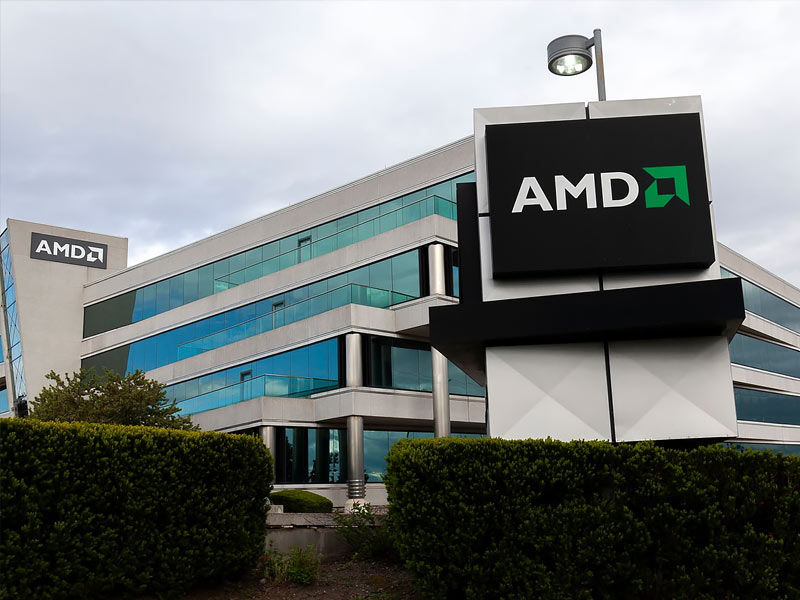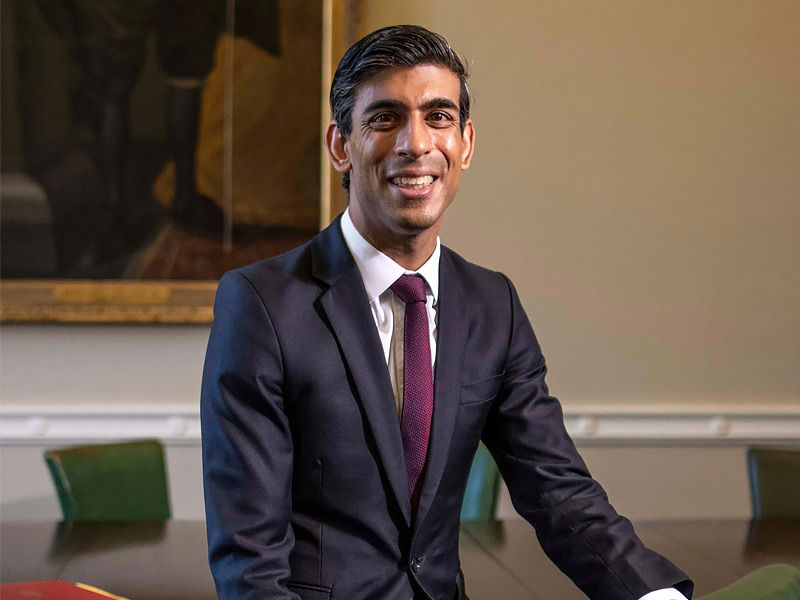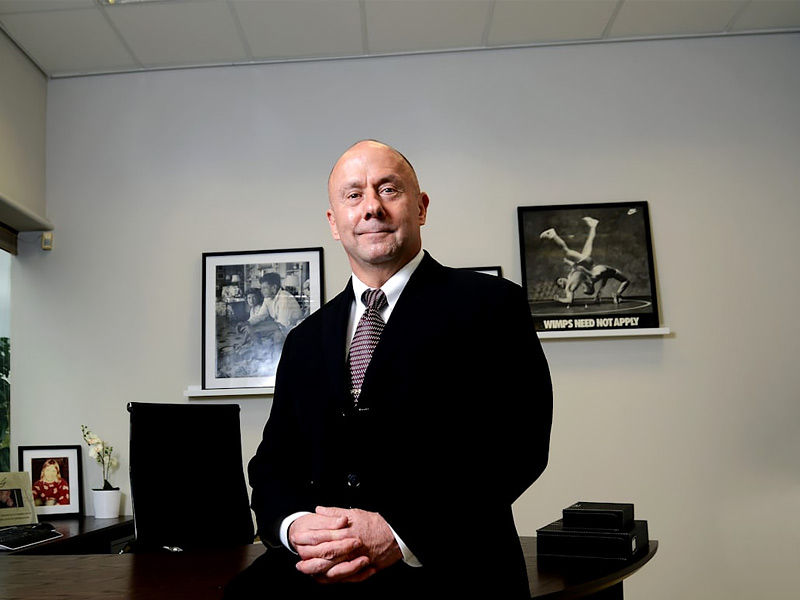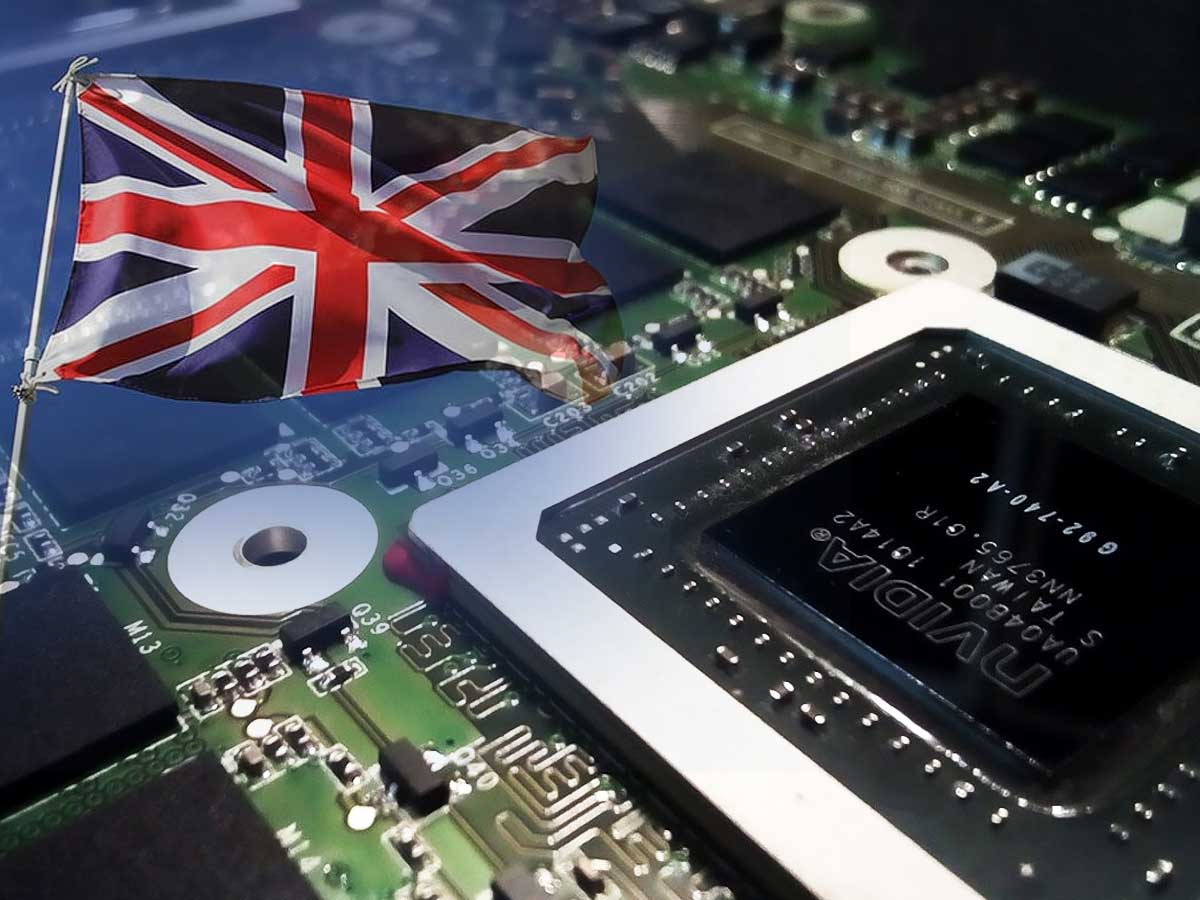Officials from the UK government have discussed purchasing equipment for national artificial intelligence research with tech giants Nvidia, AMD, and Intel.
The Telegraph reports that UK government representatives have discussed purchasing equipment for national artificial intelligence research with tech giants Nvidia Corp., Advanced Micro Devices Inc., and Intel Corp.

According to a Sunday Telegraph article, the government has set aside £100 million ($127 million) for AI Chips.
The order of up to 5,000 graphics processing units from Nvidia, it claimed, may be in the “advanced stages” of development.
By 2030, Prime Minister Rishi Sunak wants to make the UK a “superpower” in research and technology. The conference, which will hopefully bring together top AI executives and world leaders later this year, is what the premier is aiming for. US President Joe Biden is supporting the summit.
Due to a delayed approval from China, a $5.4 billion worldwide chip agreement with Intel has been canceled.

(AP) — The cancellation of Intel’s $5.4 billion acquisition of an Israeli chip company is the result of China’s refusal to approve the transaction in the face of escalating US-China tensions.
Both Intel and Tower Semiconductor agreed on the choice, the firms stated on Wednesday. According to Intel, the acquisition was abandoned because the company was unable to get the regulatory permissions required by the merger agreement in time.
Regulators from all over the world, including those in China, had to approve the deal. Even though Intel CEO Patrick Gelsinger visited China last month to secure their support, Chinese regulators were unable to approve the acquisition before the deadline on Wednesday.

The two companies’ collaboration ended at a time when tensions between the US and China are increasing, particularly in light of recent US limitations and heightened export controls aimed at limiting China’s ability to buy and develop advanced technology.
As a result, the State Administration for Regulation of Markets in China appears to have been slow to approve mergers with American corporations, notably the Intel-Tower agreement.
Before Janet Yellen’s trip to China last month, China put export restrictions on two metals used in computer chips and solar cells.
Intel altered its timetable from the initial quarter of the year to the conclusion of the year after failing to obtain China’s consent.
With the purchase of Tower, Intel aimed to increase its manufacturing capacity and create new business prospects for the company in the United States, Israel, Italy, and Japan.
Also, Read Apple & Microsoft: The Two Largest Firms By Capitalisation
Due to the American semiconductor titan Intel Corp., Tower would get a $353 million cancellation fee.
Tower’s U.S.-listed shares and Tel Aviv both experienced declines of more than 10% at the opening bell.

To support Pat Gelsinger’s vision for Intel’s foundry business, Tower was eager to join Intel, according to Russell Ellwanger, CEO of Tower Semiconductor, in a written statement. We value the efforts made by all parties.

























